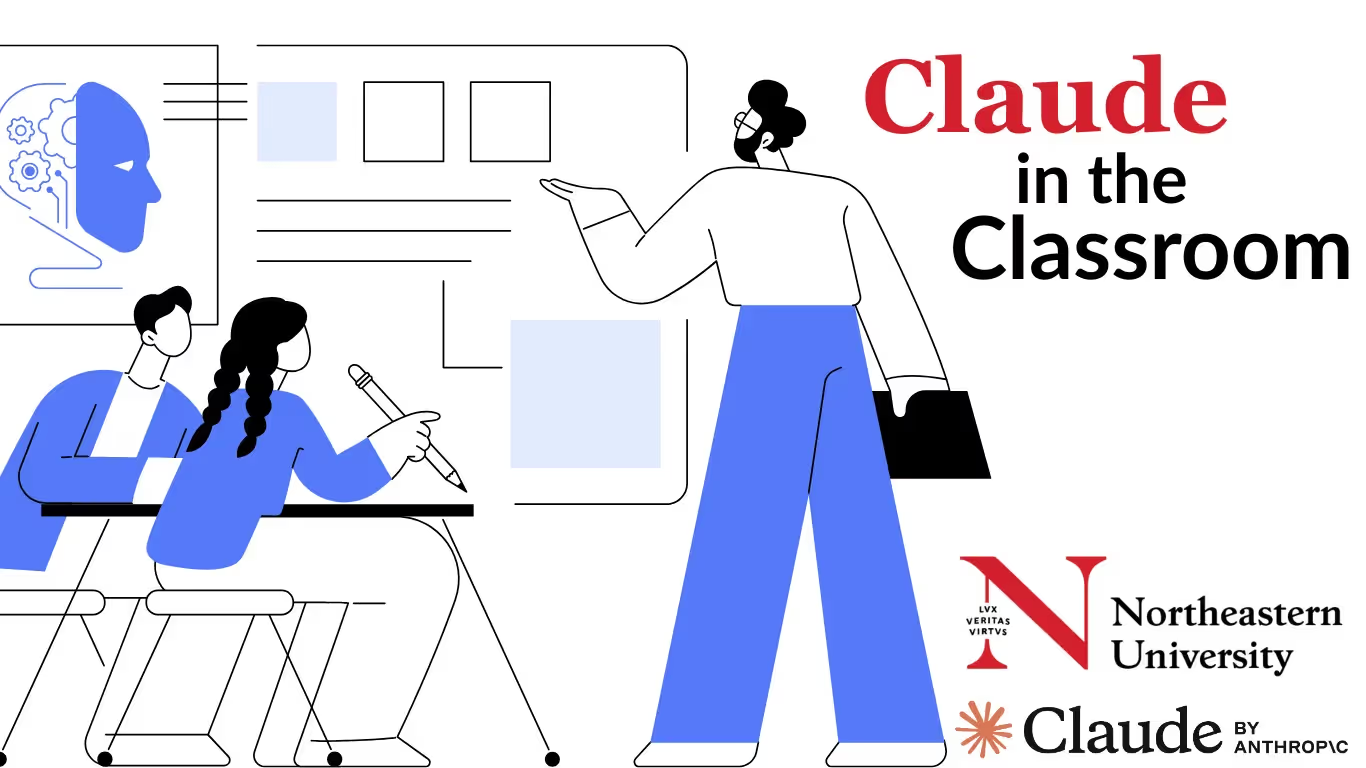Dialogue of Civilizations: Auroop Ganguly on Climate Challenges in Thailand and Indonesia
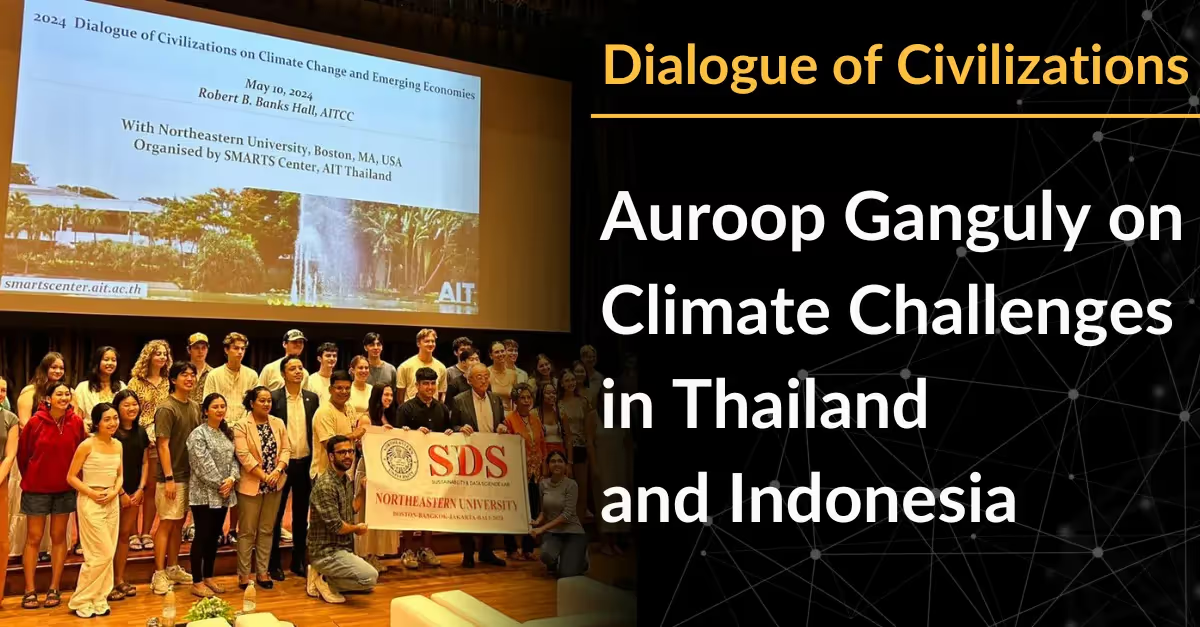
Each summer, Auroop Ganguly, director of AI for Climate and Sustainability (AI4CaS) at the Institute for Experiential AI, leads one section of a study abroad program called Dialogue of Civilizations (DOC). The Northeastern University program provides opportunities for students in a variety of subject areas to take courses while being steeped in the culture of a host country.
Auroop’s section focuses on climate science, engineering adaptation, and policy in emerging economies. This year, students attended programs in Indonesia and Thailand, learning about climate challenges and participating in climate change “war games” meant to simulate real time disaster management.
Here, Auroop answers questions about the innovative program, the unique challenges facing these two countries, and the potential for AI to build a more sustainable planet. Stay tuned for part two, with responses from participating students.
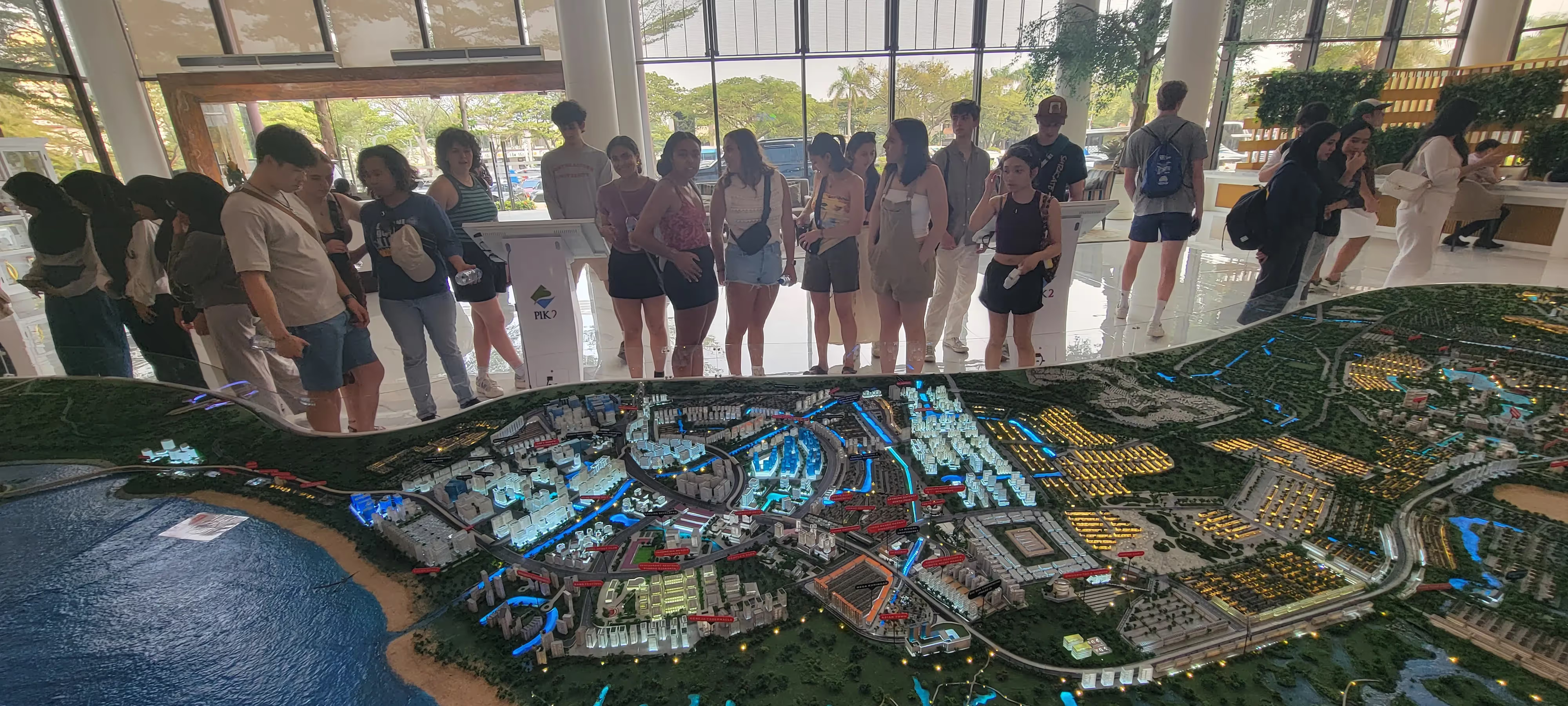
***
- What is the Dialogue of Civilizations program? What are its goals with regards to climate resilience, engineering, and sustainability?
The Dialogue that I lead focuses on climate change and emerging economies, with one course on climate science and impacts, and the other on climate adaptation and policy. Cultural immersion is embedded in both courses. The "emerging economies" context brings to life some of the core challenges of climate adaptation ("managing the unavoidable") and mitigation ("avoiding the unmanageable") and informs the two role-playing exercises we call climate wargames. I have been running these Dialogues since 2014, and while the topics remain constant, the emerging economies we visit change. As part of this Dialogue, we have visited Brazil, India, Indonesia, Nepal, Peru, Tanzania, and Thailand, thus far and are tentatively planning for South America next year.
- What environmental conditions in Thailand and Indonesia made for a unique Dialogue? What were some of the highlights and key findings from this year’s trip?
Thailand and Indonesia are emerging economies in Southeast Asia with different and diverse economic, cultural, religious, social, governance, environmental, and sustainability trajectories, yet with many shared beliefs, norms, and histories. Jakarta, the current capital of Indonesia, is iconic as a city deeply impacted by climate and global change. The entire city is sinking owing to the combination of groundwater abstraction, unregulated development, and sea level rise, and the sinking is real and evident on the ground. During our visit to Jakarta we not only visited Bappenas, the Indonesian Ministry of National Development Planning where we were able to learn from and influence policy makers and discuss challenges in short- and long-term planning, but also kampungs (slum communities) impacted by flooding in a sinking city and unregulated development in former wetlands designed for the ultrarich. We visited Bali, an Indonesian island often described as the last remaining paradise on earth, and witnessed a strong cultural substratum and belief system along with a local cuisine to die for, which is getting ravaged by poverty and exploitation. While Indonesia remains a poor and highly-populated country with a bitter colonial past, Thailand offers a contrast as a rising and relatively well-to-do economy, which despite being in the region was never colonized. We visited Bangkok, where tourists intermingle with a polite and self-effacing culture, as well as the cultural capital of Ayutthaya, where they have beautiful temples and some of the best river prawns I have ever tasted anywhere. While in Jakarta, we visited the world-renowned Asian Institute of Technology and heard from industry and sustainability leaders about challenges they are facing and some plans for the future.
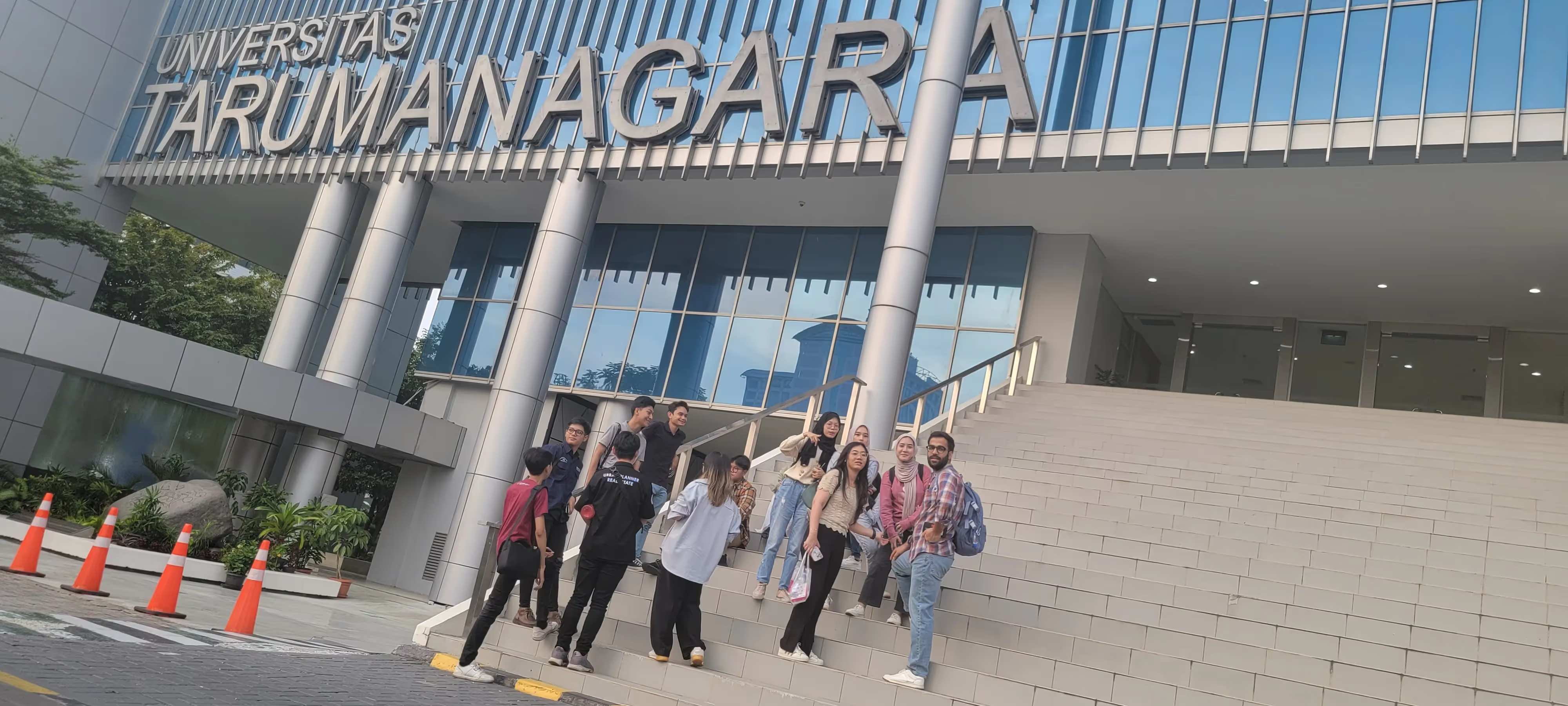
- How has AI influenced the war games and other activities of the Dialogues over the years?
Data-driven sciences and artificial intelligence have been deeply embedded into our climate Dialogue, but take different forms each year. We develop an understanding of what I have been calling a convergence of complexities in climate, ranging from chaos and nonlinear dynamics in complex natural systems, to interdependence and cascading failures in complex human-engineered systems, to polycentric management and complexity in social systems.While AI can take different forms in each system, our Dialogue over the years has discussed the prediction of time series and spatiotemporal complex systems with methods such as convolutional neural networks and generative AI motivated from computer vision, the analysis and resilience of lifeline and ecological networks through complex networks and graphical machine learning, as well as reinforcement learning and related methods for human-machine interactions.
- Can you talk about your meetings with foreign governments? Have you formed any collaborations as a result?
Over the last decade of our climate Dialogue, we have met with government researchers, stakeholders, policy makers, including ministries and nodal organizations across countries in Asia, Africa, and South America. While in Tanzania, we visited and heard from leaders at the Commission for Science and Technology (COSTECH), while in Brazil we visited government run research laboratories and science and technology leaders who have advised the Brazilian government and the World Bank, and while in Indonesia we visited ministry officials and secretaries including the then chief scientist to the president of Indonesia. Furthermore, we have strong connections with government officials and government-run organizations in India. Following our Dialogues, we have developed funded collaborations with the government of Indonesia, specifically with their BAPPENAS or the Ministry of National Development Planning, and already have one doctorate student working at the Sustainability and Data Sciences Laboratory (SDS Lab) who is fully funded by the Indonesian government.
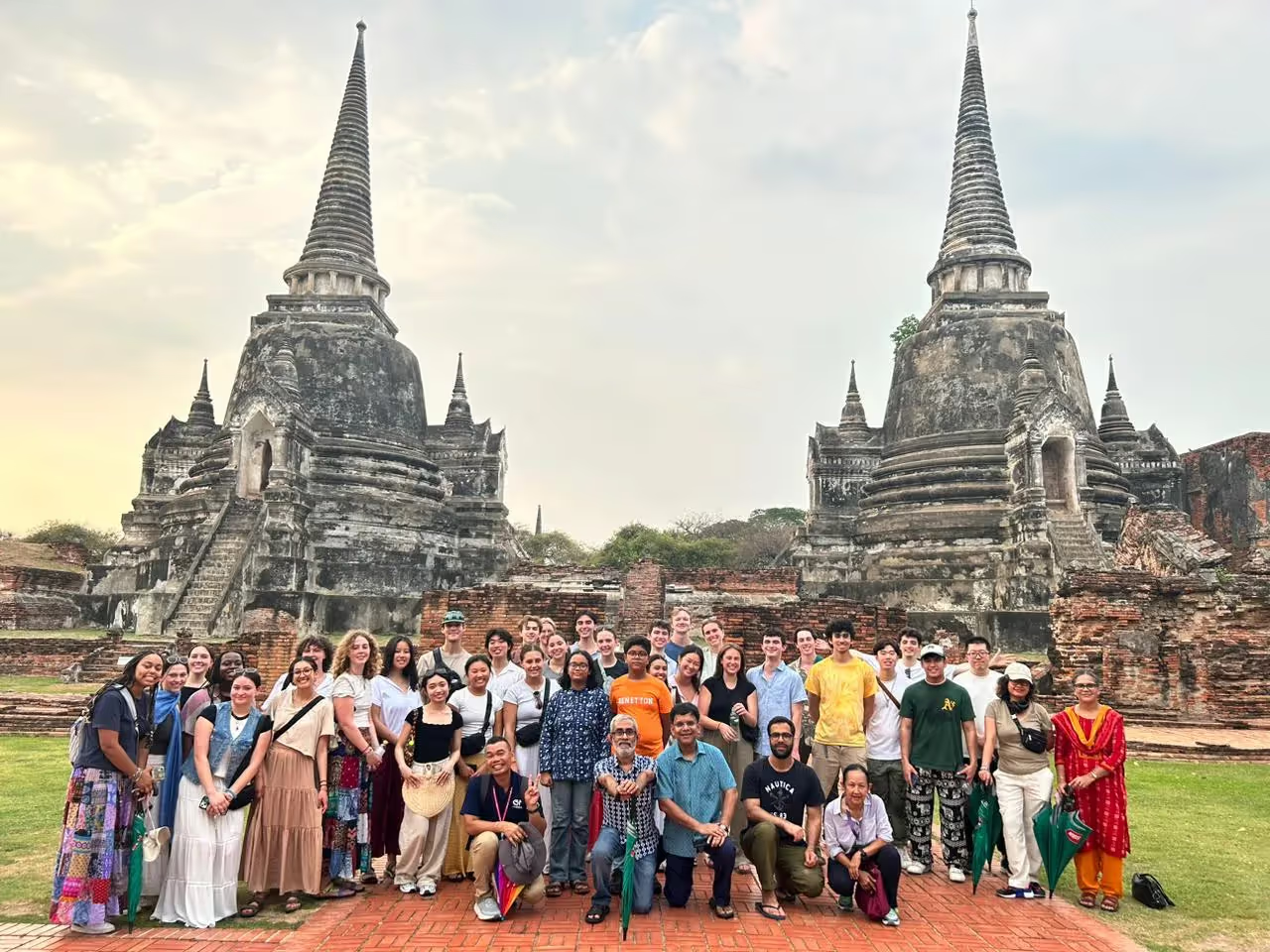
- Have any governments or other organizations implemented policies or research programs stemming from the Dialogues?
While it is difficult to make linear and direct connections with government level policies or organizations programs, our Dialogues and associated activities have informed and continue to inform BAPPENAS, the Indonesian Ministry for National Development Planning, as well as Indian academia and through them, Indian government ministries and research institutions. The AI4CaS (AI for Climate and Sustainability) and the SDS Lab focus on four pillars: foundational and translational research, entrepreneurship and community engagement, education and workforce development, as well as partnerships and collaborations. Our activities have indeed influenced programs, projects, and policies from urban or rural communities to regional or national planners, as well as intergovernmental organizations. However, while attributing these partially or fully to a Dialogue study-abroad program is difficult, over the years it has contributed to our global and national reach.
- Have you noticed a shift in thinking with regards to AI and/or climate change since you joined the DOC program?
Yes, there is a growing realization now that AI and data-driven sciences, especially when combined with process understanding and domain principles, can be transformative in climate, including in the sciences, adaptation, and mitigation. I have seen this realization reflected in the Dialogue over the years. There was a time when students would ask what the relevance of AI and data-driven sciences to climate may be; now we get to hear questions, both from students interested in AI and/or in climate, which focus more on how they can contribute to topics related to AI for climate or sustainability. Conversely, there is growing fear for both the unethical use of AI and the challenges faced from unmitigated climate change.
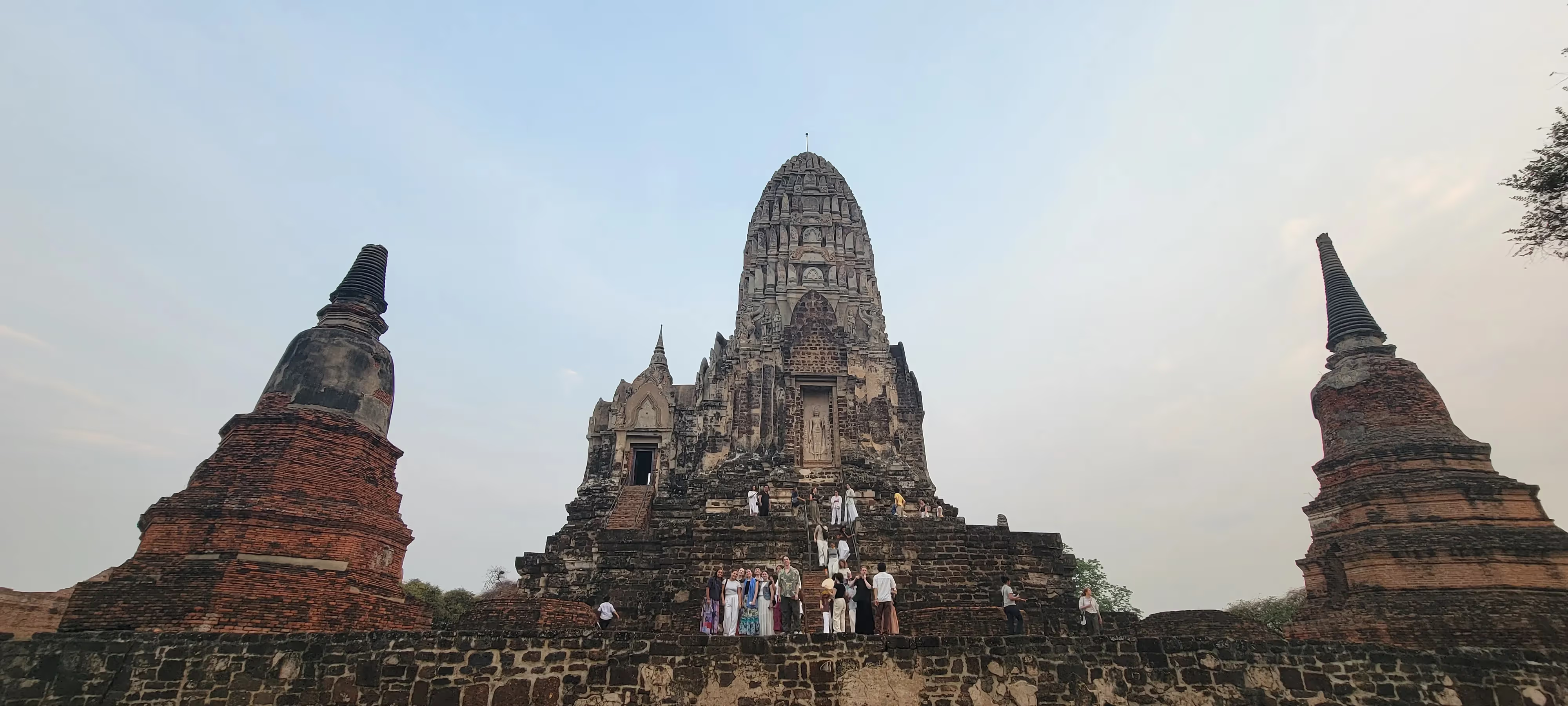
- How have students from past Dialogues put their experiences into practice?
What intrigues and amazes me the most is that students from our climate Dialogue often come back years later to tell me how this program changed their professional career choices, ranging from developing a practitioner portfolio in resilience or AI-driven climate adaptation all the way to preparing for a career in research and academia. The students come back to tell us that the influence of the Dialogue has been profound and even life-changing, and have contributed to turning them into better and more informed citizens of their respective countries and the world.
Stay tuned for part two in this series, in which we’ll hear from students who participated in this year’s Dialogue of Civilizations.

.avif)

